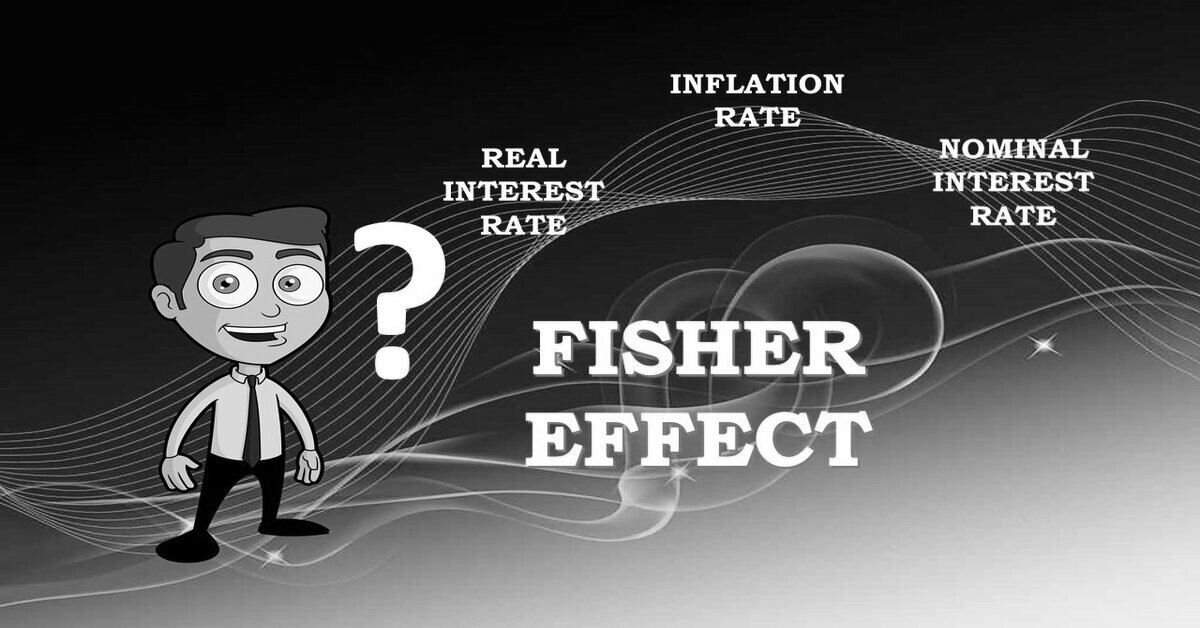Introduction
In the realm of decision-making, humans often find themselves swayed by a range of cognitive biases that lead to irrational choices. One such mental model, the Fisher Effect, holds significant relevance in understanding the intricacies of decision-making processes. The Fisher Effect refers to the tendency of individuals to mistakenly believe that real returns on investments or actions are greater than they actually are, primarily due to a failure to consider the impact of inflation. By exploring the psychological underpinnings and real-life manifestations of the Fisher Effect, we can gain valuable insights into our own decision-making processes and learn how to navigate this cognitive bias effectively.
Understanding the Fisher Effect
The Fisher Effect is grounded in human psychology and represents a systematic error in perception. It arises from our innate inclination to focus on nominal gains or returns, disregarding the underlying reality of inflation. This phenomenon is named after economist Irving Fisher, who postulated the concept in the early 20th century.
When faced with investment decisions, individuals often fall into the trap of evaluating returns purely in nominal terms, without considering the erosion of purchasing power caused by inflation. Consequently, they overestimate the true value of their investments and make decisions that are contrary to their long-term best interests.
Real-Life Examples of the Fisher Effect
- Personal Life Decisions: Let’s consider a personal example. Sarah, a diligent saver, receives a substantial annual raise and decides to celebrate by purchasing an expensive luxury car. She only considers the nominal increase in her salary, failing to account for the rising cost of living due to inflation. Over time, the value of her salary increase diminishes, leading to financial strain and regrets.
- Business Scenarios: In the business world, the Fisher Effect can influence decision-making at various levels. A company experiencing rapid growth may choose to expand its operations and hire additional employees without adequately considering the impact of inflation on future wage costs. This oversight can strain the company’s financial resources and hinder its long-term sustainability.
- Public Policy-Making: Governments often succumb to the Fisher Effect when devising economic policies. For instance, a government might implement an expansive fiscal policy, increasing public spending without considering the potential inflationary consequences. This myopic approach can result in soaring prices, economic instability, and an erosion of the purchasing power of citizens.
Psychological Underpinnings and Biases Contributing to the Fisher Effect
The Fisher Effect is closely intertwined with several cognitive biases that influence decision-making. Anchoring bias, for example, leads individuals to rely heavily on the initial piece of information they encounter. When presented with nominal gains, individuals anchor their evaluations solely on these numbers, disregarding the subtler impact of inflation.
Confirmation bias also plays a role, as people tend to seek and interpret information that supports their preconceived notions. In the case of the Fisher Effect, individuals selectively focus on data that reinforces their belief in the attractiveness of nominal returns, while ignoring or downplaying information regarding inflationary pressures.
Another contributing factor is the availability heuristic, whereby individuals rely on immediate and easily accessible information to make judgments. In the context of the Fisher Effect, people tend to base their decisions on recent experiences or vivid examples of nominal gains, failing to consider the broader context of inflation and its long-term effects.
Avoiding the Fisher Effect: Strategies for Objective Decision-Making
- Mindful Assessment: When evaluating investments or decisions, make a conscious effort to consider the impact of inflation on future returns. Take into account historical inflation rates, consult economic forecasts, and engage in thorough research to gain a realistic perspective on the potential outcomes.
- Utilize Inflation-Adjusted Metrics: Instead of relying solely on nominal figures, adopt inflation-adjusted metrics such as real returns or purchasing power parity. By factoring in inflation, you can make more informed decisions and gain a clearer understanding of the true value of your investments.
- Seek Diverse Perspectives: Surround yourself with diverse sources of information and opinions. Engage in discussions with individuals who hold different viewpoints, as this can challenge your own biases and help you gain a more balanced perspective on the potential risks and rewards associated with your decisions.
Conclusion
The Fisher Effect illuminates an essential mental trap that affects decision-making processes in various contexts. By falling victim to the allure of nominal gains and overlooking the impact of inflation, individuals make decisions that undermine their long-term interests. Understanding the psychological biases underlying the Fisher Effect empowers us to identify when we might be succumbing to this cognitive trap.
Through mindful assessment, utilizing inflation-adjusted metrics, and seeking diverse perspectives, we can navigate the Fisher Effect and make more objective decisions. Awareness and active avoidance of this mental bias can lead to better financial choices, improved policy-making, and increased overall well-being. By anchoring ourselves in reality and considering the full picture, we can avoid the illusory gains that the Fisher Effect presents and make decisions that align with our true long-term interests.
